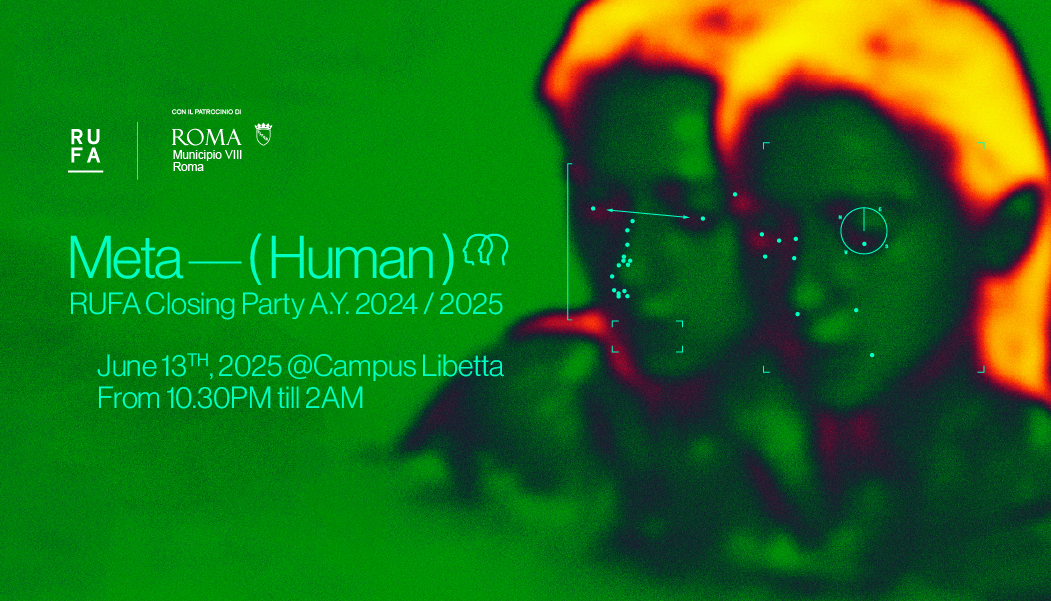Coronaviruses are a large family of viruses known to cause diseases ranging from the common cold to more serious diseases such as Middle Eastern Respiratory Syndrome (MERS) and Severe Acute Respiratory Syndrome (SARS). The virus causing the current outbreak is called Covid-19 (where “CO” stands for corona, “VI” for virus, “D” for disease and “19” indicates the year in which it occurred). The new Coronavirus is closely related to SARS-CoV and is genetically classified within the subgenus “Betacoronavirus Sarbecovirus”.
The Ministry of Health has created a site dedicated. Useful information for Schools, Universities, Institutions of Higher Education Artistic, Musical and Coreutic are published on a page made available to the Ministry of University and Research.
The most common symptoms are fever, tiredness and dry cough. Some patients may experience soreness and muscle pain, nasal congestion, runny nose, sore throat or diarrhea. These symptoms are generally mild and start gradually. In the most severe cases, the infection can cause pneumonia, severe acute respiratory syndrome, kidney failure and even death.
The incubation period represents the period of time between infection and the development of clinical symptoms. It is currently estimated to vary between 2 and 11 days, up to a maximum of 14 days.
The new Coronavirus is a respiratory virus that spreads mainly through close contact with a sick person. The primary route is the droplets of the infected person’s breath (saliva, coughing and sneezing). They cause contagion through direct personal contact, touching with contaminated hands the mouth, nose or eyes. In rare cases, contagion can occur through faecal contamination.
According to currently available data, symptomatic people are the most frequent cause of virus spread.
People who live or have travelled in areas at risk of new Coronavirus infection or people who meet the criteria for close contact with a confirmed or probable case of COVID-19.
Since transmission can occur through contaminated objects, it is always good practice, in order to prevent infections, including respiratory infections, to wash your hands frequently and thoroughly, after touching potentially dirty objects and surfaces, before taking them to the face, eyes and mouth.
No, there is currently no scientific evidence that pets, such as dogs and cats, have contracted the infection or can spread it. It is recommended to wash your hands frequently with soap and water or using alcoholic solutions after contact with the animals.
No, since it is a new disease, there is still no vaccine and the time required to make one can be relatively long (it is estimated 12-18 months).
Keep informed about the spread of the epidemic and take personal protection measures:
– wash your hands often;
– avoid close contact with people suffering from acute respiratory infections;
– avoid hugs and handshakes;
– maintain an interpersonal distance of at least one metre in social contacts;
– cover your mouth and nose as much as you sneeze or cough; sneeze and/or cough in a handkerchief or inside your elbow; avoid hand contact with respiratory secretions;
– avoid promiscuous use of bottles and glasses;
– do not touch your eyes, nose and mouth with your hands;
– clean surfaces with chlorine or alcohol-based disinfectants;
– use the mask only if you suspect that you are ill or if you are caring for sick people.
If you have a fever, cough or breathing difficulties and you suspect that you have been in close contact with a person with respiratory disease Covid-19: stay at home, do not go to the emergency room or doctor’s office, but call your family doctor or medical guard on the phone. Or call the regional toll-free number. Only use the emergency number 112/118 if strictly necessary.
The Ministry of Foreign Affairs recommends postponing unnecessary travel to China and avoiding all travel to Hubei Province. It is also recommended to avoid unnecessary travel and travel to the cities of Daegu and Cheongdo (Gyeongsang Province) in South Korea. Those who are already in these cities should follow the directions of the local authorities.
The term pandemic refers to “the worldwide spread of a new disease” for which the population has no immunity, characterized by high contagiousness and significant mortality rate. The World Health Organization has announced the pandemic state for the new Coronavirus, with all that follows to mitigate its impact.
Because the virus has now spread to almost every region of the planet. With the transition to pandemic status, individual countries will have to do everything possible to follow the indications of the World Health Organization, aimed at “mitigating” the infection. The WHO “may ask individual countries to take mitigation measures, such as stopping certain activities or transport even overland.





